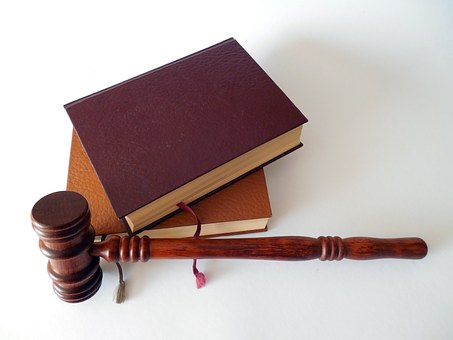This website uses cookies so that we can provide you with the best user experience possible. Cookie information is stored in your browser and performs functions such as recognising you when you return to our website and helping our team to understand which sections of the website you find most interesting and useful.

2021 Property & Casualty Market Outlook
Explore the 2021 property & casualty market outlook with Crane Agency. Discover key insights, industry…

Welcome Chief Growth Officer Dave Linhardt to Crane Agency!
Dave Linhardt – Chief Growth Officer Crane Agency’s strategic vision for the future is growth. …

Frequently Asked Insurance Questions When Selling or Closing a Business
Periodically clients will close or sell their business due to retirement or other reasons. These situations…
End of content
End of content
Insurance made simple.
Our newsletters deliver the insights you need to navigate the complexities of insurance.

